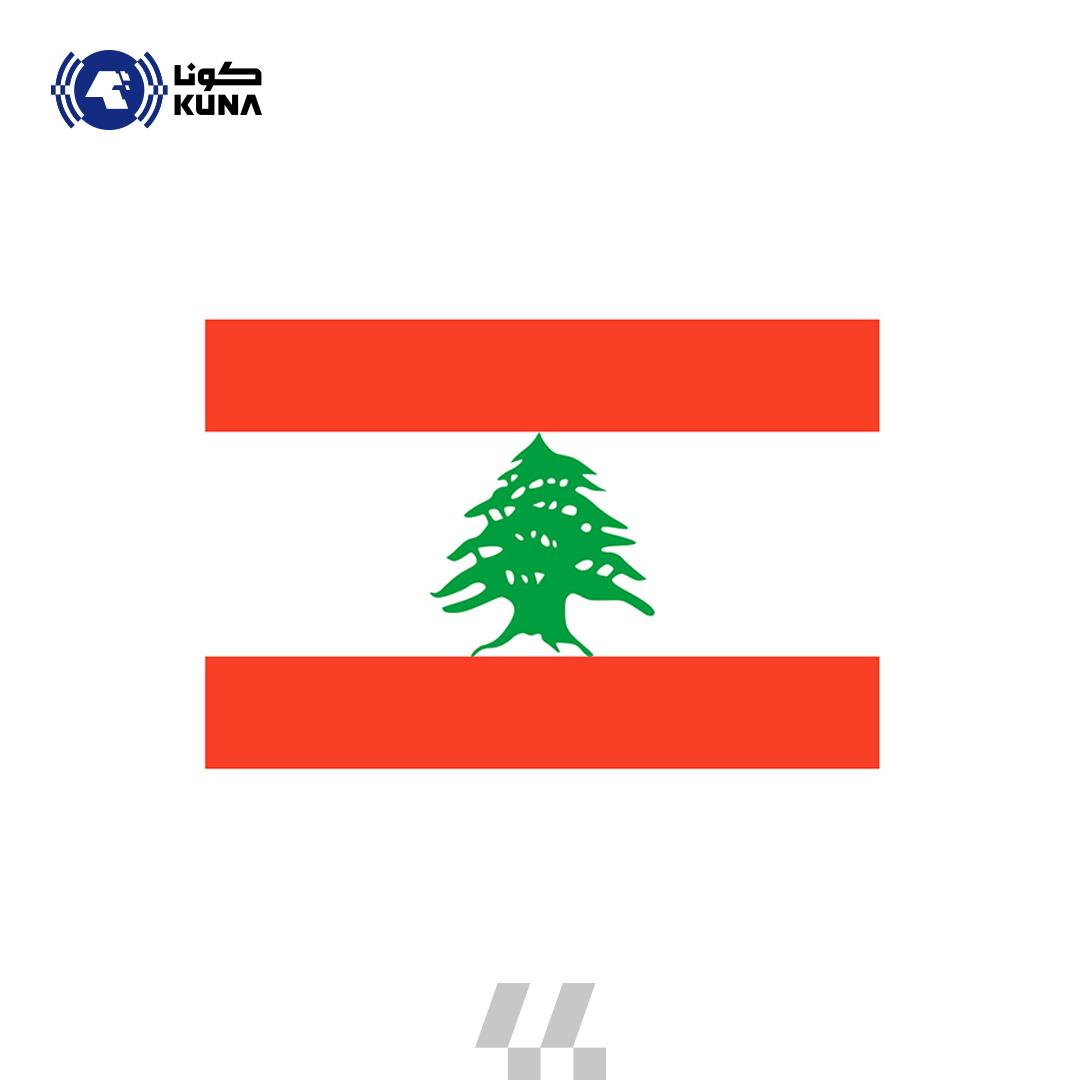
Lebanon's Presidential Vacancy: Balancing Past Equilibrium With New Realities
BEIRUT, Oct 31 (KUNA) -- As October draws to a close, Lebanon reaches the second anniversary of its presidential vacancy, and despite extensive internal and international efforts to elect a president, the attempts have repeatedly failed, leaving a significant political, economic, and security vacuum.
The prolonged absence of a president has weakened Lebanon's resilience, administrative stability, and capacity to function effectively amid an open conflict that drains its resources, particularly under Israeli occupation.
In Lebanon, the presidential file has divided political factions, on one side stands the Lebanese Forces and some independents who advocate constitutional measures to elect a president, initially supporting Michel Moawad and, following his withdrawal, the former minister Jihad Azour.
However, this group has held onto backing for Suleiman Frangieh, while House Speaker Nabih Berri proposed a dialogue initiative to facilitate the election-a move rejected by the opposition, which argues the Lebanese constitution does not require such dialogue before an election.
On the other hand, Hezbollah and the Amal Movement has firmly supported Suleiman Frangieh's candidacy, meanwhile, external pressure and international efforts, led by the French-appointed Lebanon envoy Jean-Yves Le Drian, have consistently failed to bridge the gaps between Lebanese factions.
France has remained steadfast, initially attempting to gain consensus around Frangieh's candidacy.
The US, while favoring a consensual president aligned with an IMF-driven financial rescue plan, has prioritized the cessation of conflict and backed Lebanese Army Commander Joseph Aoun as a candidate, albeit unofficially, to avoid risking his candidacy.
However, Speaker Nabih Berri has noted that electing a military figure would require a constitutional amendment, which currently lacks sufficient parliamentary support.
Recent developments, particularly the October 7 escalation in Gaza and related clashes on Lebanon's southern front, have further dimmed prospects for a resolution to the presidential impasse.
While many domestic players maintain that the conflict should not be tied to the presidential issue, France has seized the opportunity to send Le Drian back to Beirut, reiterating its commitment to Lebanon.
In mid-September, Israeli aggression on multiple fronts in Lebanon escalated beyond previous understandings, amplifying the influence of certain factions on the Lebanese political scene, especially regarding the presidency, this shift has led some parties to expedite efforts toward election, using the existing tension as leverage.
The critical questions remain: Has the ongoing conflict altered Lebanon's internal political balance? Could this hasten or further delay the election? And what new dynamics could shape Lebanon's presidential landscape? Pierre Bou Assi, a member of the Lebanese Parliament, voiced skepticism over predicting the outcome of the presidential crisis amid the ongoing war, noting that the presidential vacancy issue predates the conflict.
Bou Assi argued that the solution lies in adherence to the Lebanese Constitution and the Taif Agreement, emphasizing the need to strengthen state institutions under the framework of national consensus.
Member of Parliament Fadi Alameh of Amal Movement's Development and Liberation Bloc contended that Lebanon, represented by Speaker Berri and Prime Minister Najib Mikati, was primarily focused on implementing UN Resolution 1701 and supporting the army's role.
Alameh added that a president must secure 86 votes in the Parliament and enjoy broad domestic and international support-a prerequisite not currently available.
Political analyst Johnny Muneer of Al-Joumhouria newspaper observed that the current presidential election could reflect Lebanon's new political atmosphere under the continued Israeli occupation aggression, creating a different dynamic compared to the 2006 Lebanon War that ultimately led to the election of Michel Aoun.
Muneer stressed that dismantling unauthorized military power would be one of the main challenges for Lebanon's next president.
Despite mounting domestic and international calls for a swift presidential election, Muneer remained doubtful, citing Lebanon's need for a leader capable of navigating internal challenges and broader regional shifts. (end) fz
.jpg)
Legal Disclaimer:
MENAFN provides the
information “as is” without warranty of any kind. We do not accept
any responsibility or liability for the accuracy, content, images,
videos, licenses, completeness, legality, or reliability of the information
contained in this article. If you have any complaints or copyright
issues related to this article, kindly contact the provider above.

















Comments
No comment